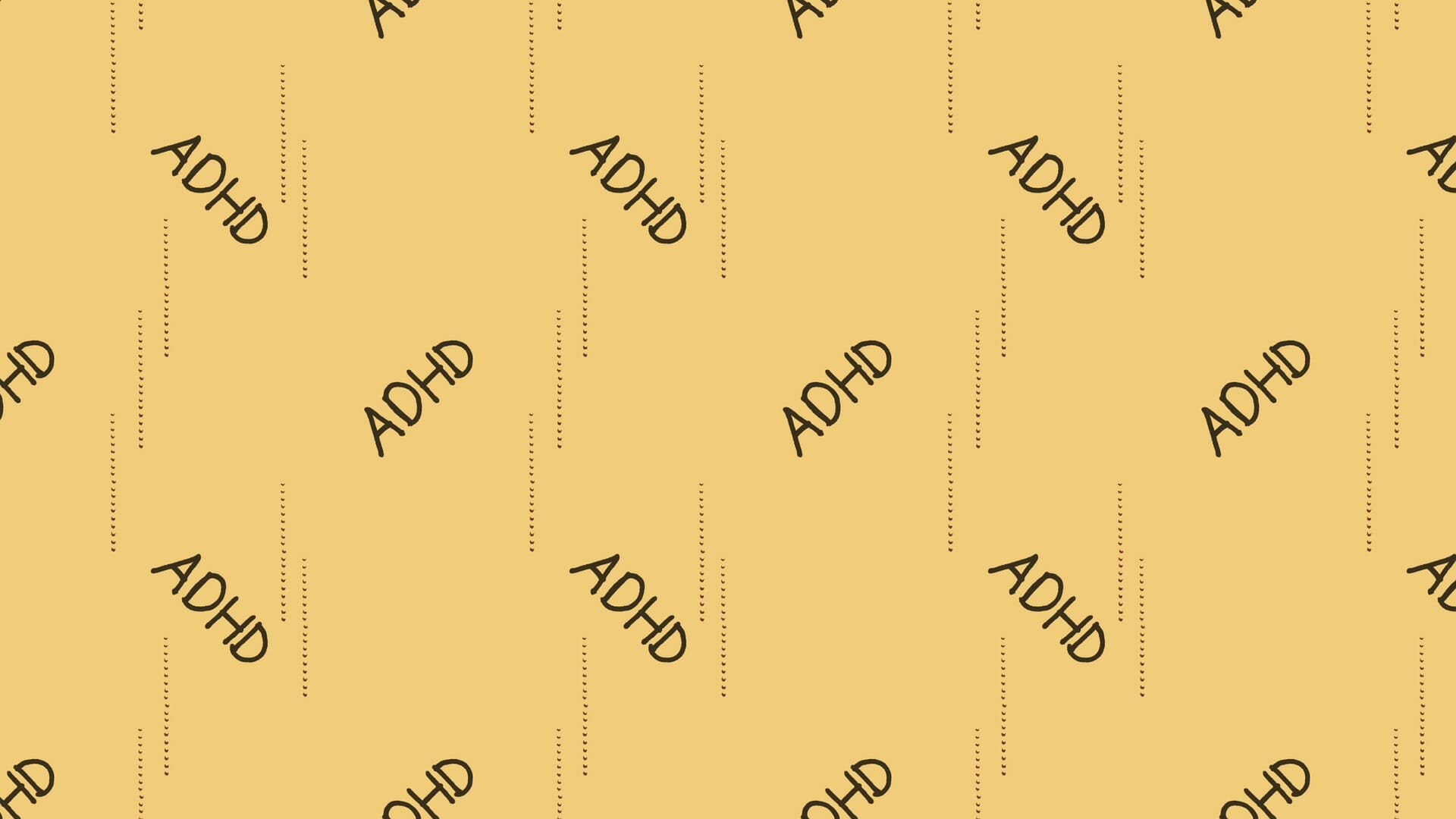Introduction to L-Tyrosine
Say hello to L-tyrosine, folks! Imagine a nonessential amino acid that’s a real do-it-all wonder – yup, that’s L-tyrosine for you! Produced by our body from phenylalanine, another amino acid, it sure plays a crucial role in the creation of some pretty big-league molecules. We’re talking about neurotransmitters like dopamine and norepinephrine here – big stuff for our brains! Plus, L-tyrosine is a key player in the production of thyroid hormones and melanin – that means it’s important for both our metabolic regulation and our skin color.
Often, people consider supplementing with L-tyrosine to enhance cognitive function. Here’s the kicker though, while tyrosine may improve memory under stressful conditions, it’s no slam dunk cure-all. Studies suggest that tyrosine supplements may help a person grappling with demanding circumstances, like extreme weather or physical stress. For instance, in the case of individuals with attention deficit hyperactivity disorder (ADHD), supplemental L-tyrosine might perk up their cognitive performance. There’s evidence to support the idea that the use of L-tyrosine could lead to better reactivity in those populations under stress or with cognitive limitations. Just remember, as with any new supplements, it’s important to consider potential risks and check with a professional to ensure it’s a right fit for you. So, while L-tyrosine supplementation might not be a magic bullet, many find it a helpful tool in their health toolkit – a weapon against symptoms of ADHD and a boost to cognitive flexibility.
Myth 1: L-Tyrosine as the ultimate supplement
Well, well! You’ve probably heard the age-old myth floating around in supplement circles that L-Tyrosine is the be-all and end-all of supplements. Hang on just a minute! It’s not as black and white as it seems. This amino acid, the body’s precursor to dopamine, adrenaline and noradrenaline, holds a significant place in our dietary needs. Sure, various studies, backed by solid academic research institutions, indicate that this wee biochemical mate can beef up our cognitive flexibility under demanding conditions. In response to stress or cognitive tasks, tyrosine levels in the brain can deplete, reducing neurotransmitter production. So, taking tyrosine supplementation can help the body replenish these stores, sort of like squirrels hoarding nuts before winter.

Hold your horses, though! We ain’t proclaiming tyrosine as the ultimate elixir. Some folks might wonder, “Does L-Tyrosine improve ADHD symptoms?” Well, here’s the sticky wicket. While there’s evidence that it may play a role in ADHD treatment, particularly for people with lower levels of tyrosine, it’s not a magic bullet. The effects of L-tyrosine on ADHD and related symptoms vary widely from person to person.
For children and adults with ADHD who found an improvement in symptoms after supplementation with tyrosine- good on ya! However, professional advice may be sought as the dosage and efficacy can differ based on individual tyrosine needs and potential interactions with monoamine oxidase inhibitors or other medications.
These bullet points sum it up:
* Tyrosine supplementation may counteract the depletion of neurotransmitter levels under stress or cognitive load.
* Research suggests beneficial effects of L-tyrosine for people with ADHD, but individuals’ responses can differ.
* It’s proactive to consult a professional before using L-tyrosine, especially for those on medications such as MAOIs.
* High dosage of Tyrosine may cause an increase in blood pressure.
* Dietary L-tyrosine supplementation on clinical and healthy populations should be monitored for side effects.
Myth 2: L-Tyrosine can single-handedly improve ADHD symptoms
Hold onto your hats, folks, because we’re about to drop a bombshell that defies a prevailing myth—L-Tyrosine, that fabulous amino acid, isn’t the lone-wolf superhero for ADHD symptoms as popular internet lore would have us believe. You see, the idea that Tyrosine supplementation—on its own—can dramatically improve ADHD symptoms, with tales of its supposed effects ricocheting through health forums faster than loose talk in a Barber shop, is, alas, a little too good to be true.
Here’s the nitty-gritty: numerous studies—oh, bless those meticulous scientific references—dissecting the effect of Tyrosine supplementation have found results that, at best, can be described as mixed. Sure, tyrosine is an amino acid that the body needs, and it’s known to offer some health benefits, particularly for healthy populations under stress or battling cognitive troubles. One study, for example, quipped that Tyrosine could ‘turn back time’ in a manner of speaking, and improve cognitive flexibility in adults. But, before you write home about it, it’s crucial to highlight that it’s not all sunshine, lollipops, and rainbows. Other research—raring and ready with scientific evidence—reported no significant impact on cognition from supplementation with Tyrosine. To add another twist to an already twisty-turny plot, a healing professional may propose alternative supplements like Zinc or L-DOPA. These are far from being the unwanted extras in a blockbuster movie, and have been found to interact with symptoms related to ADHD in a way tyrosine alone cannot. Despite this, a wise person once cautioned that even the best medications can affect different people in unique ways, intertwined with a plethora of factors, like our individual biochemistry, health, and even good ol’ Mother Nature’s wild cards—genetics.
– Tyrosine supplementation on a clinical level remains a hot topic for debate.
– The undeniable link to primary sources emphasizes the importance of comprehensive studies.
– Advice from a professional may suggest alternatives to tyrosine like Zinc or L-DOPA.
– All reactions to these supplements, good or bad, depend on the individual.
Ah, it’s enough to make your head spin, ain’t it? Yet, when you break it down, it all makes sense. A person may gulp down Tyrosine like it’s going out of style but that does not mean they’ll be magically cleared of attention deficit hyperactivity angst. It’s much like being stuck between a rock and tryptophan—you know, that other amino acid that your body whispers lovingly into your ear at night, cueing a slow duet with Melatonin, our natural nightcap. So, while L-Tyrosine might romp away with the title of ‘admirable amino acid’, it’s essential not to overlook the others. Don’t pin your hopes on turnkey solutions; instead, it’s worth pondering how a well-crafted cocktail of nutrients might do a much better job at tangoing with symptoms of ADHD. Adding a splash of this and a dash of that—tyrosine, other amino acids, a pinch of zinc here, an antidepressant there—could end up being the real recipe for success. It’s all a bit “swings and roundabouts,” isn’t it?
Comparison of L-Tyrosine and ADHD medications
Wow, get a load of these folks! When it comes to ADHD, the pharmaceutical world isn’t the only player in the game. Alright, bear with me here, we have some pretty nifty comparisons to make between L-Tyrosine and traditional ADHD medications. As it turns out, there’s quite the hullabaloo around the benefits of L-Tyrosine, especially considering its impact on populations under stress or cognitive duress. Yep, you heard me right! There’s a whole host of “reactive” scenarios where this little amino acid can strut its stuff. Now, don’t just take my word for it; instead, feel free to deep-dive into the sea of scientific references pouring out from all corners. A variety of studies have found that tyrosine supplementation on clinical trials could feasibly improve cognitive function, making it a sharp tool in the ADHD management toolbox.
But wait, there’s more! Contrary to conventional ADHD medications, tyrosine and other amino acids have this amazing ability to play well with the system without needing a prescribed sheet every month end. Astonishingly, adults found taking L-Tyrosine might help manage symptoms of attention deficit hyperactivity disorder (ADHD), sans the cost and the side effects. And, hold onto your hats; this isn’t some far-fetched notion. Proof, as they say, is in the pudding – and there are a slew of primary sources that link such improvements to L-Tyrosine. To offer advice in the simplest terms, it’s not that a person does not need medical help at all, but it might be worth trying your hand at naturally occurring substances, like L-Tyrosine and its close kin, tryptophan.
The latest news and evidence-based research on L-Tyrosine
Hold your horses, folks! There’s a new kid on the block in the health and wellness sphere, making quite a ruckus – and its name is L-Tyrosine. Now, if you’ve been under the radar lately, you may be wondering, “What on earth is that?” Well, dear friends, L-Tyrosine is a type of amino acid that’s caught the attention of researchers and health enthusiasts alike. Of course, let’s not forget the health buffs who’re all agog about the possibility of L-Tyrosine’s beneficial effects on blood pressure, ADHD, and whatnot. And goodness me, the number of studies coming out confirming these findings is literally mind-boggling!

Now, you may be thinking that this is just another health fad that’ll disappear faster than a cat on a hot tin roof. However, recent evidence-based research, including studies from significant primary sources, suggests that L-Tyrosine could be here to stay.
For instance, it’s been shown to help ADHD symptoms, which … Well, let’s just say that it’s a game-changer.
Here are a few potential benefits we’re looking at:- Links with improved focus and attention in ADHD patients- Potential improvements in blood pressure levels – Increased mental alertness, particularly when combined with MAOIs (Monoamine Oxidase Inhibitors)But hey, this is just the tip of the iceberg. There’s a lot more research going on about L-Tyrosine, and I reckon we’ll be hearing a lot more about it soon. On that note, you might want to keep your eyes peeled for future updates!
Conclusion
In conclusion, recent studies suggest that ADHD may be effectively managed through various nutritional supplements, such as L-tyrosine. L-tyrosine, an amino acid, plays a vital role in the production of neurotransmitters and could aid in balancing the irregularities often seen in individuals with ADHD. Multiple credible resources, including primary sources, underline the positive effects of L-tyrosine on ADHD symptoms. Primary sources offer valuable, first-hand data, crucial for understanding the relationship between ADHD and L-tyrosine. Linking primary sources to new findings provides a scientific, fact-based approach to addressing ADHD and exploring novel ways to help those afflicted. While more extensive research is needed to confirm these findings, early indications reveal L-tyrosine may help enhance focus, concentration, and emotional wellbeing in those with ADHD. Therefore, ensuring a diet rich in L-tyrosine or taking supplements could be beneficial. Confirming this link could pave the way for new, non-pharmaceutical interventions in managing ADHD in the future.

FAQ’s:
Q1. Does l-tyrosine help with ADHD?
A1. Yes, l-tyrosine may help with ADHD symptoms.
Q2. Is there a link between l-tyrosine and primary sources?
A2. Yes, l-tyrosine is found in many primary sources, such as dairy, meat, fish, eggs, nuts, and beans.
Q3. Are there any common myths and misconceptions about l-tyrosine?
A3. Yes, there are many common myths and misconceptions about l-tyrosine, such as that it can cure ADHD or that it is a stimulant.
Q4. What are the benefits of taking l-tyrosine?
A4. The benefits of taking l-tyrosine include improved cognitive function, increased energy levels, and improved mood.
Q5. Is l-tyrosine safe to take?
A5. Yes, l-tyrosine is generally safe to take when taken in recommended doses.
Q6. What are the side effects of taking l-tyrosine?
A6. The side effects of taking l-tyrosine may include nausea, headaches, and insomnia.
Q7. Is l-tyrosine an effective treatment for ADHD?
A7. While l-tyrosine may help with some symptoms of ADHD, it is not an effective treatment for the disorder.



 Dinner Ideas For L-Tyrosine Rich Meals
Dinner Ideas For L-Tyrosine Rich Meals
